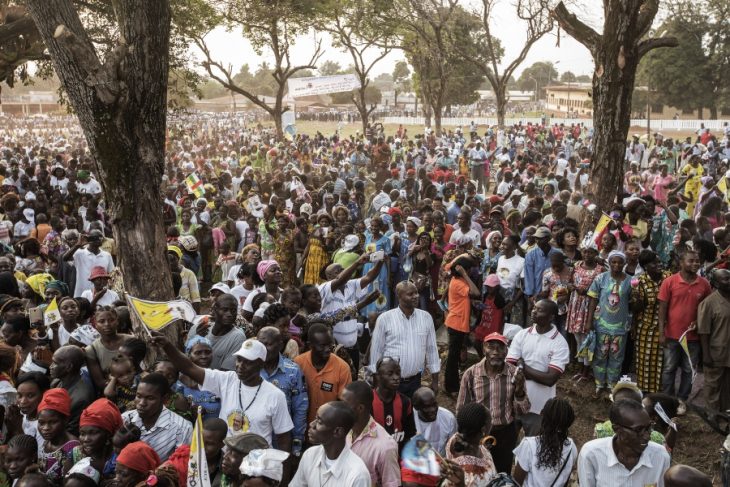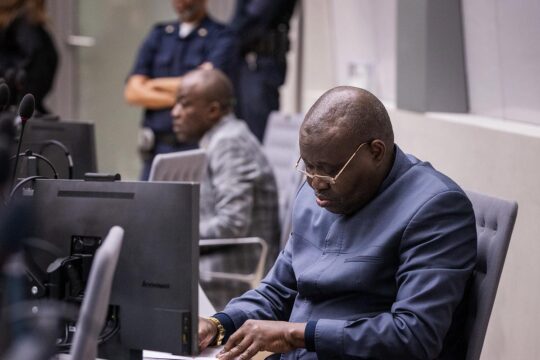Tension between security policies and individual freedoms this week continued to impact on justice and reconciliation processes. Three countries hit by terrorism, France, Mali and Tunisia, have introduced states of emergency, reducing space for liberty and democratic freedoms in the name of the war on terror. With people still in a state of fear and shock, protests have been rare. Courageous Tunisian journalists nevertheless protested against the abusive use of a new law that includes criminal sanctions for “supporting terrorism”. In France, where there is fear of new attacks especially on the eve of the COP21 environmental conference, criticism has been muted.
Yet values on individual freedoms are an indicator of the state of democracy in a country, as we see in Burundi, where the media have been shut down and threatened, leading Antoine Kaburahe, director of the last independent media group Iwacu to flee the country. “There is a risk of genocide”, warned Thomas Perriello, Special Envoy to the Great Lakes region of the United States, which has imposed sanctions on two senior officials of Burundi’s regime
The Pope’s short visit to the Central African Republic, long in doubt for security reasons and even discouraged by France, finally took place and restored a semblance of normality to this country still wracked by conflict. Similarly, Burkina Faso held presidential elections in conditions that could hardly even have been hoped for eight weeks after a failed coup d’Etat by the presidential guard. Still on Africa, judges of the International Criminal Court (ICC) on Friday ruled that former Ivorian president Laurent Gbagbo was “physically and mentally” fit to stand in his crimes against humanity trial, set to open on January 28. In The Hague, the Assembly of States Parties (ICC member states) was dominated by Kenya’s attempts to free its Deputy President William Ruto from the grip of the ICC which is trying him for crimes against humanity.
Russia meanwhile tried to use transitional justice for political ends. Its parliament is to debate a bill condemning denial of the Armenian genocide, a move that comes just days after a Russian plane was shot down by the Turkish military.







